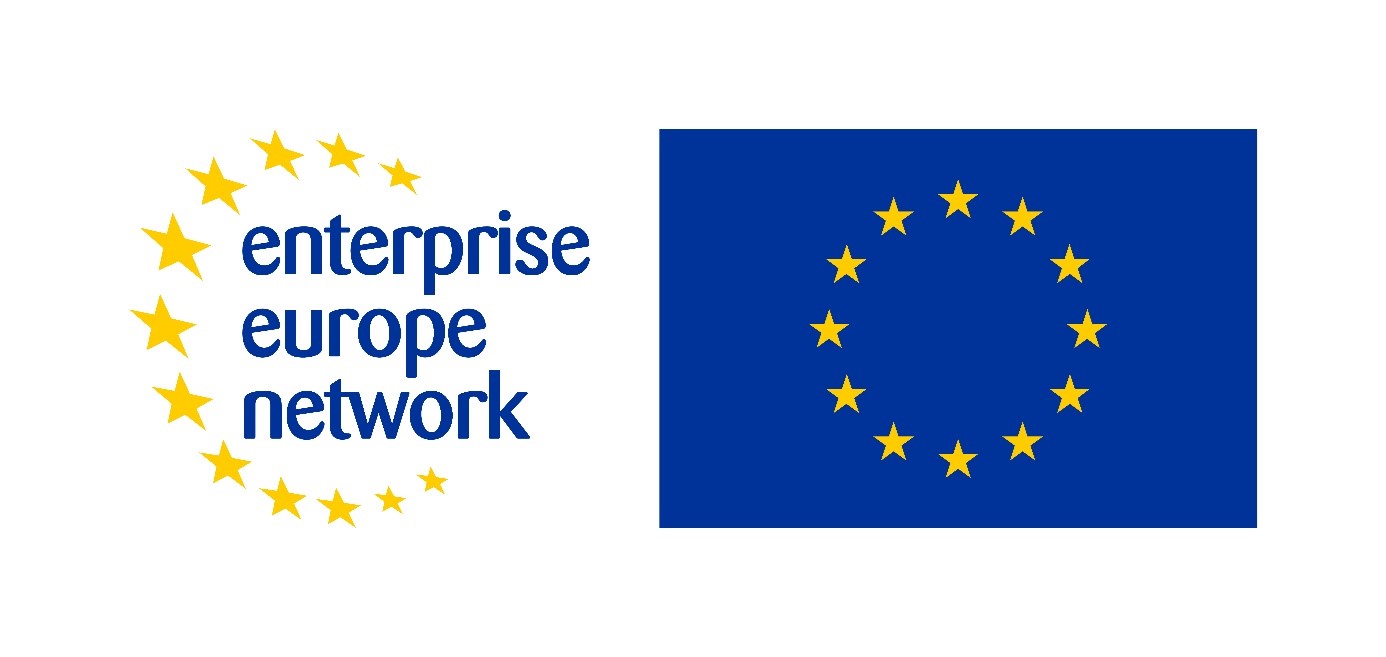The origin of a product is a major factor in determining whether you can benefit from a reduced import tariff. What is it all about?
The origin is one of the three main components of a customs declaration. It is the economic nationality of a product in international trade. This is retained until further working or processing is carried out to change it. The origin is required to establish and apply certain import and export rights, restrictions and/or obligations.
BECI / Enterprise Europe Brussels can help Brussels companies determine the origin of their products in order to benefit from reduced customs tariffs when exporting to countries that have a free trade agreement with the European Union.
What is the difference between non-preferential and preferential origin?
- The term non-preferential origin or economic origin is used when the origin is determined as part of a non-tariff trade policy (e.g. tariff quotas, anti-dumping, safeguard and retaliatory measures, embargoes, ‘made in’, etc.).
- Preferential origin is determined as part of a tariff-based trade policy (reduction or exemption from import duties - under an EU free trade agreement).
The concept of preference refers to an advantage whose objective is to stimulate mutual trade between two countries or groups of countries, such as the European Union, through a mainly mutual benefit. It allows for the reduction or exemption of the majority of import duties if the products are of preferential origin from a partner country under bilateral trade agreements or unilateral trade measures. To qualify, products must meet certain predefined criteria, including general rules and product-specific rules. It should be noted that in the context of preferential origin, just because a product has been manufactured in a given country does not mean that it is of preferential origin and therefore complies with the specific rules. Production in the EU does not automatically mean ‘EU’ preferential origin.
The preferential tariff will be applied if the conditions are met, otherwise the third country tariff will be applied (MFN -Most Favoured Nation- or Erga Omnes). There are currently 42 bilateral free trade agreements between the European Union and partners around the world covering 72 countries, the most recent of which were signed with Canada (CETA), Vietnam, Japan, Singapore and New Zealand. Negotiations between the EU and Mercosur (Southern Common Market) have just been concluded.
Types of proof
The existence of a free trade agreement does not necessarily mean that no import duties apply to the other party's products. Preferential origin must be proven at the time of import by the other party. The proofs of origin to be used are always defined in the agreement itself. There are various possibilities:
- The movement certificate EUR.1
- The statement of origin such as EUR.1, with the ‘approved exporter’ number.
- The certificate of origin, with the REX number - ‘registered exporter’.
You must therefore always check carefully which proof applies to which agreement, otherwise there is a risk of refusal or non-acceptance in the country of destination.
REX – Registered Exporter System
This is a preferential origin certification system based on a ‘self-certification’ principle that goes even further than the ‘approved exporter’ principle. No prior control is carried out by the Administration Customs and Excise on this registration. It will only check on subsequent use. It allows even greater autonomy for the operator, but implies greater responsibility in terms of knowledge of the rules of preferential origin. Responsibility lies entirely with the operator applying for Registered Exporter (REX) status. Registration is unique and has no expiry date. It can be used immediately for all Free Trade Agreements that implement the system. It will also be applied to new agreements.
Non-preferential origin: certificate of origin
The certificate of origin is an official document certifying the origin of your product. It is issued by the Chambers of Commerce, and is often required on import by the customs authorities of certain countries.
It may be requested in the following cases: letter of credit, customs clearance of goods, reduction of import duties for financial reasons.
BECI is authorised by the Ministry of the Economy to issue certificates of origin to Brussels companies. Contact our export formalities department for more information here
